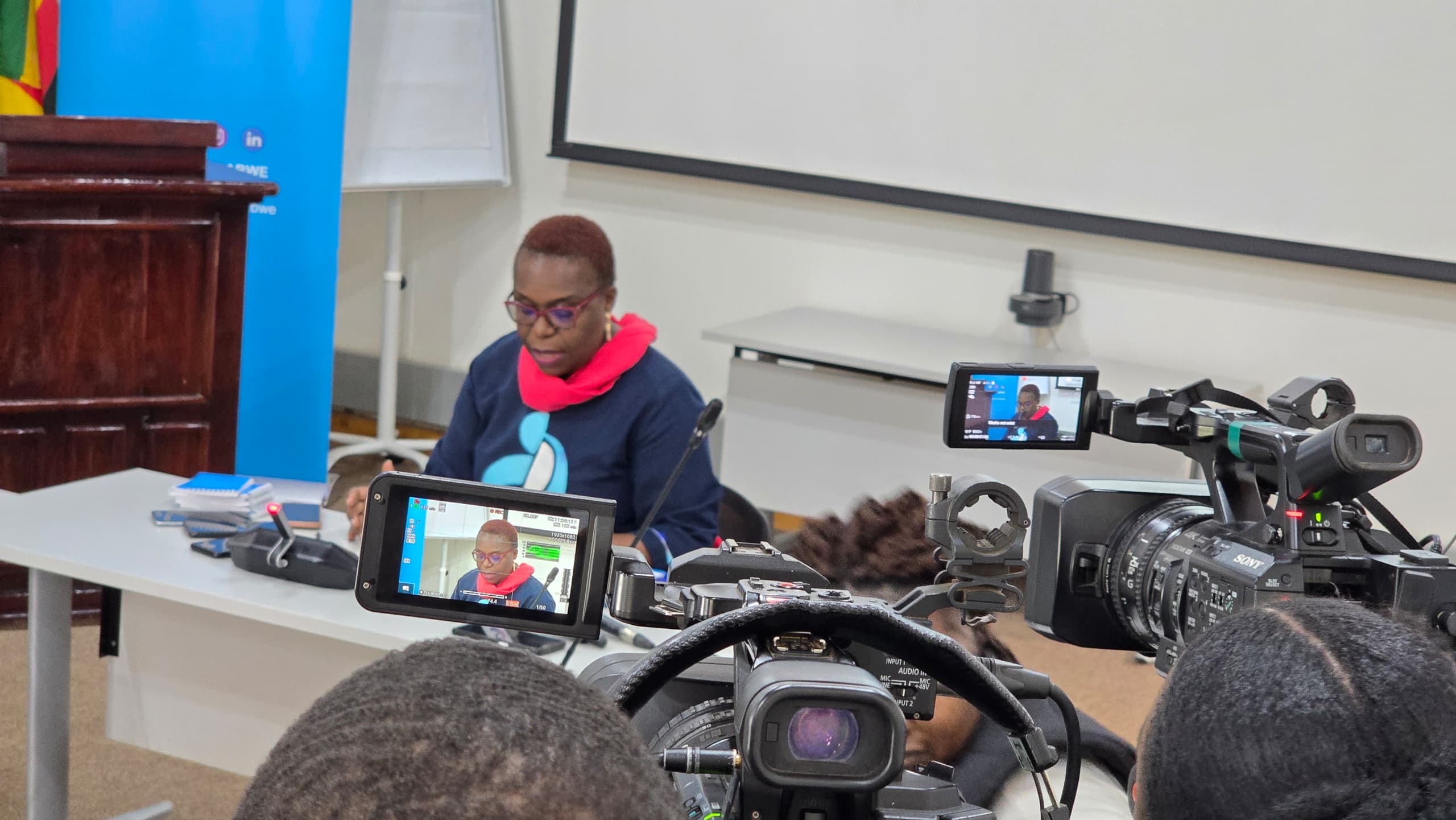By Environment Reporter
Zimbabwe’s water challenges which have been exercerbated by the Elnino induced drought of the 2023/2024 rainy season has been cited as a major bottleneck to Development and wellbeing according to UNICEF as learnt at a Press Conference in Harare today.
Lack of ablution facilities and sanitation facilities was viewed as one developmental shortfall that weighed heavily on Zimbabwe’s capacity to meet the water demands of its population.
“Only 81 per cent of people in Zimbabwe have access to improved water sources.Basic sanitation services are available to only half of households in Zimbabwe.Open defecation continues to be widespread practice in Zimbabwe, practiced by 25 per cent of the households in the country.” UNICEF Representative for Zimbabwe Etona Ekole said.
The effects of the water challenges where viewed as far reaching as they affected livelihoods, mortality rates, education and child labour among other negatives.
“Contributes to increased risk of child illness and death (child morbidity and mortality), amplified by reduced access to sanitation and hygiene services.Impacts people’s livelihoods and hampers economic development. Impact on education (school drop-outs, etc) and increased risks of child abuse and exploitation (child labour, marriages, etc).” Ekole highlighted.
Elnino was viewed as a major scourge that had crippled Zimbabwe’s capacity to meet water demands for both urban and rural populations.
“4 per cent of the boreholes in the rural areas in Zimbabwe have dried up, particularly in Matabeleland South and Masvingo Provinces. The number of broken boreholes in rural areas to 6,028 by August 2024. Access to safe water is also worrying in urban settings, including in Harare and Bulawayo where water production is becoming insufficient to cover the needs.” Ekole highlighted.
UNICEF emphasised it’s commitment to aid Zimbabwe out of the Elnino induced water challenges as the country’s perennial water bottleneck owing to Infrastructure decapitation and population growth.
“UNICEF and partners are supporting Government to enhance safe water supply to communities through; Rehabilitation of existing water systems and construction of new water systems; Developing climate-resilient water systems that address multiple needs; Increasing storage capacity at the community and institutional level; Promoting safe hygiene and sanitation practices and water conservation.” Ekole further emphasised.
The Elnino induced drought negatively affected Zimbabwe’s capacity to not only harvest water naturally and artificially but also meet its set farming harvesting targets resulting in government sending a begging bowl in a bid to cushion the challenges thereafter.

